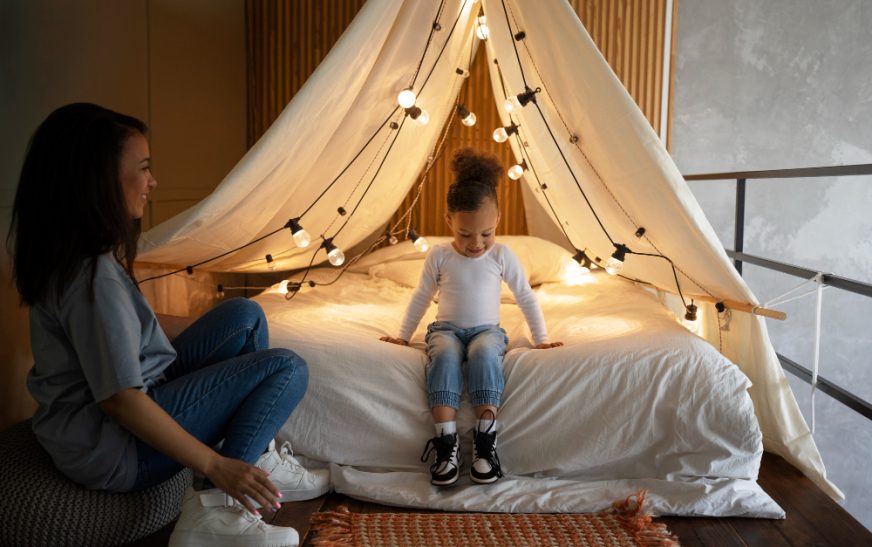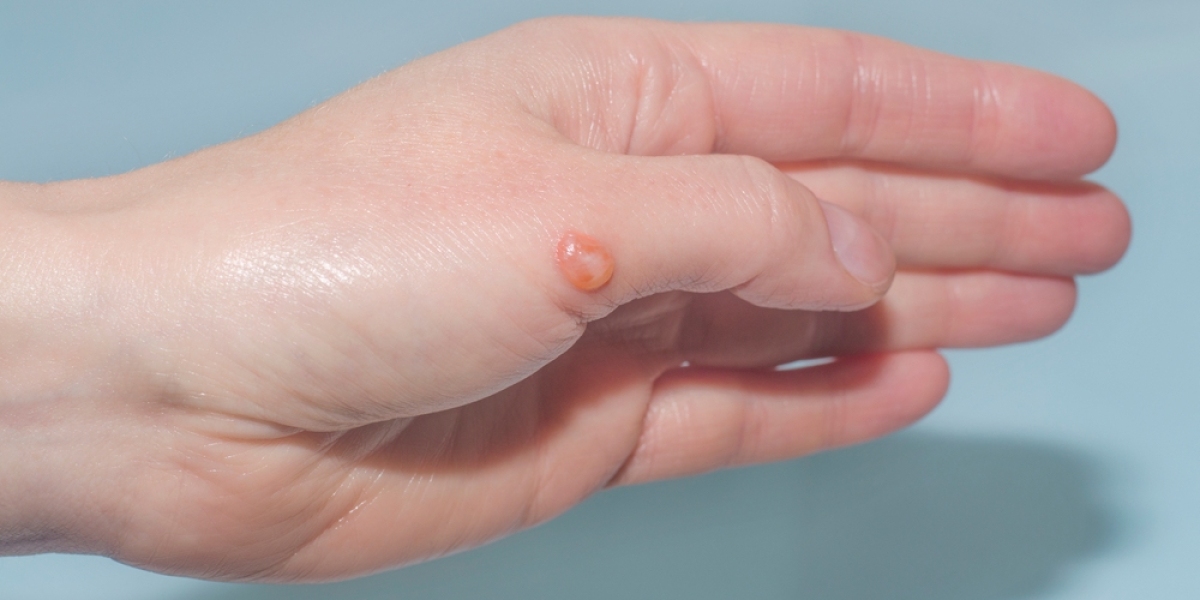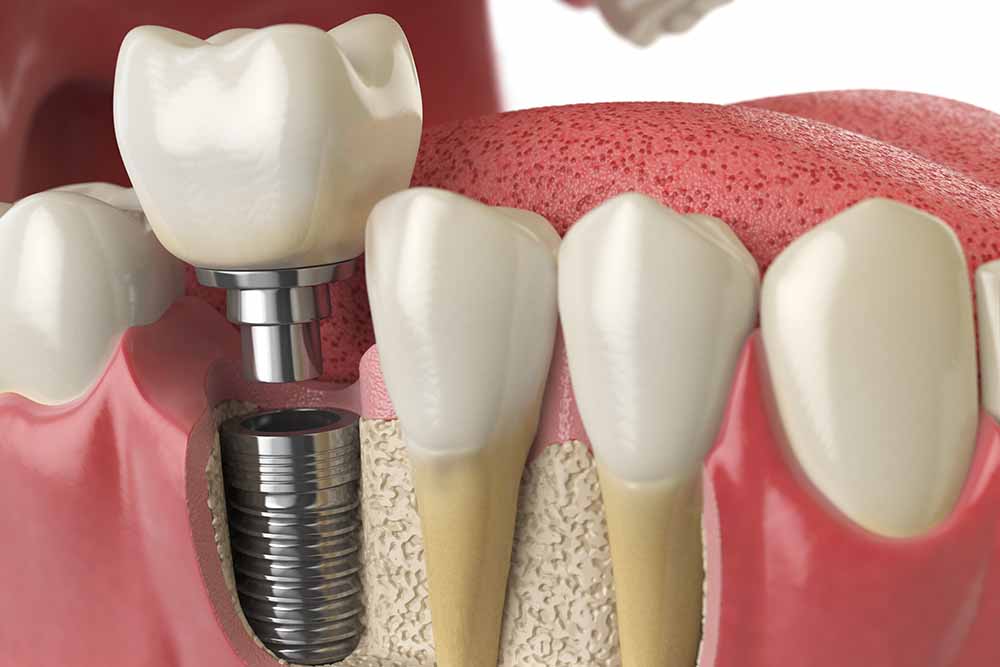Planning a camping trip for the first time and considering using a campsite electric hook up? This guide is for you. Utilizing a campsite electric hook up can significantly enhance your camping experience by providing power for essential devices and appliances. This article offers ten essential tips for first-time campers to ensure a smooth and enjoyable experience with campsite electric hook ups.
1. Understanding Campsite Electric Hook Ups
Before diving into the details, it’s crucial to understand what a campsite electric hook up is. These are power connections provided at campsites that allow you to plug in and power your camping equipment, such as lights, heaters, and kitchen appliances. Typically, these hook ups supply 10 to 16 amps of power, sufficient for most camping needs.
2. Checking Campsite Facilities
Not all campsites offer electric hook ups, so it’s essential to confirm this when booking your site. Look for campsites that specifically mention “campsite electric hook up” facilities in their amenities list. Additionally, check the power rating to ensure it meets your requirements.
3. Essential Equipment for Hooking Up
To utilize a campsite electric hook up, you’ll need some essential equipment. This includes an electric hook up cable, a suitable adaptor for your country, and a circuit breaker for safety. It’s also wise to have a surge protector to safeguard your appliances from power fluctuations.
4. Setting Up Safely
Safety should be your top priority when setting up your campsite electric hook up. Ensure that all connections are secure and dry. Avoid overloading the circuit by not plugging in too many high-power devices simultaneously. Always use equipment that meets safety standards and is in good condition.
5. Managing Power Consumption
Managing your power consumption efficiently is key to a successful camping experience. Start by understanding the power ratings of your devices. For instance, a typical electric heater can use up to 2,000 watts, which can quickly consume your available power. Use energy-efficient appliances and LED lights to minimize consumption.
6. Dealing with Power Outages
Power outages can happen, even at well-maintained campsites. Be prepared by having alternative power sources, such as batteries or solar panels. Keep a flashlight and spare batteries handy, and know where the main circuit breaker is located in case you need to reset it.
7. Choosing the Right Pitch
When selecting your camping pitch, consider the location of the electric hook up point. Ideally, choose a spot close to the power source to avoid using long extension cables, which can be a trip hazard and reduce the power supply efficiency.
8. Using Electrical Appliances Wisely
Be mindful of the appliances you bring. Some devices, like electric kettles and microwaves, can draw a lot of power. Instead, consider using camping-specific appliances designed to be more energy-efficient. Always turn off devices when not in use to conserve power.
9. Understanding Amps and Watts
Understanding the relationship between amps and watts can help you manage your campsite electric hook up more effectively. Use the formula Watts = Volts x Amps to calculate your power usage. For example, if your campsite provides 16 amps at 230 volts, you have 3,680 watts of power available (16 x 230).
10. Adhering to Campsite Rules
Every campsite has its rules regarding electric hook ups. Familiarize yourself with these rules to avoid any issues. This may include restrictions on certain types of equipment, guidelines for cable management, and safety regulations.
Conclusion
Using a campsite electric hook up can make your camping trip more comfortable and convenient. By following these ten essential tips, you can ensure a safe and efficient use of electric hook ups. From understanding the basics to managing power consumption and adhering to campsite rules, these guidelines will help first-time campers make the most of their campsite electric hook up experience.
FAQs
Q1: Can I use a standard extension cord for a campsite electric hook up?
No, you should use a specific electric hook up cable designed for outdoor use. These cables are weatherproof and have appropriate safety features.
Q2: How can I check if my appliances are compatible with the campsite electric hook up?
Check the power ratings of your appliances and ensure they do not exceed the amp limit of the campsite hook up. Most campsites provide 10 to 16 amps.
Q3: What should I do if the power goes out at the campsite?
First, check if the issue is with your equipment. If not, contact the campsite management. Having backup power sources like batteries or solar panels is also recommended.
Q4: Are there any restrictions on the type of appliances I can use with a campsite electric hook up?
Some campsites may have restrictions on high-power appliances like electric heaters and air conditioners. Always check the campsite rules.
Q5: How do I ensure the safety of my electrical setup at the campsite?
Ensure all connections are secure and dry, use equipment that meets safety standards, avoid overloading the circuit, and regularly check for any signs of wear and tear on your cables and devices.









